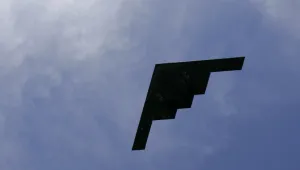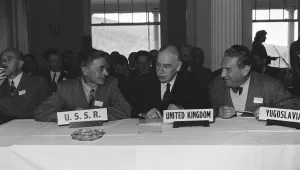International Security is America's leading peer-reviewed journal of security affairs.
Abstract
In response to the perceived inability of the Indian military to leverage its conventional superiority to end Pakistan's "proxy war" in Kashmir, the Indian Army announced a new offensive doctrine in 2004 intended to allow it to mobilize quickly and undertake limited retaliatory attacks on its neighbor, without crossing Pakistan's nuclear threshold. This Cold Start doctrine marks a break with the fundamentally defensive military doctrines that India has employed since gaining independence in 1947. Requiring combined arms operating jointly with the Indian Air Force, Cold Start represents a significant advance in India's conventional military capabilities. Yet, despite the Indian Army's intentions, it risks provoking or escalating a crisis on the subcontinent that could breach the nuclear threshold. Recent military exercises and associated organizational changes indicate that although the Indian Army has made progress toward developing an operational Cold Start capability, particularly in the area of network-centric warfare, the doctrine remains in the experimental stage. Nevertheless, this is a development that deserves further study. As the Indian Army enhances its ability to achieve a quick military decision against Pakistan, the political pressure to employ such a strategy in a crisis will increase–with potentially catastrophic results.
Ladwig III, Walter. “A Cold Start for Hot Wars? The Indian Army's New Limited War Doctrine.” Winter 2007/08



